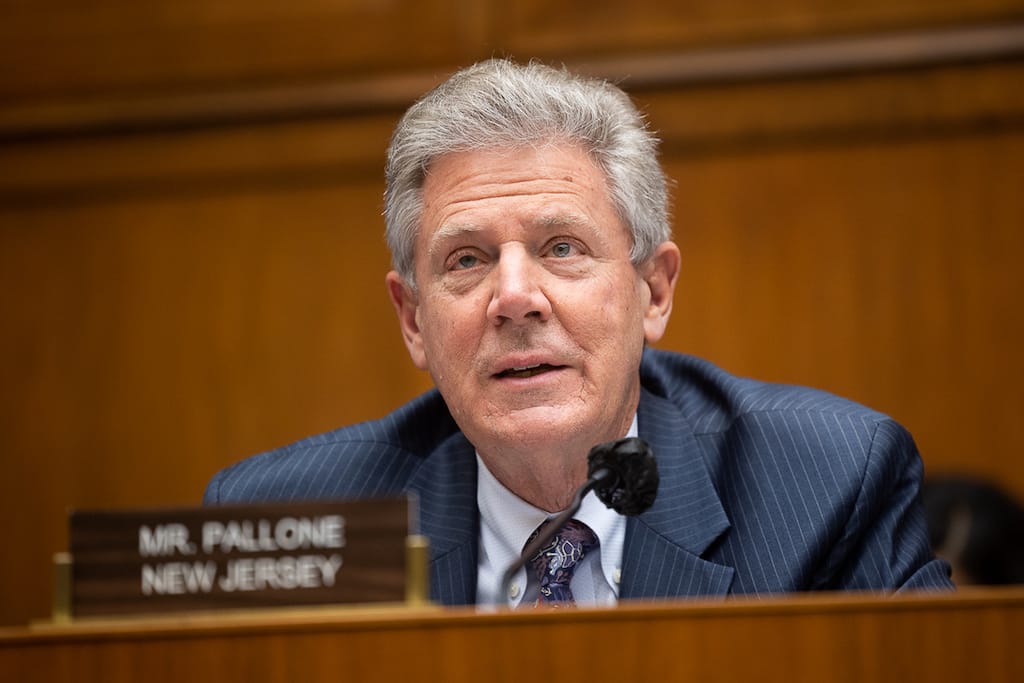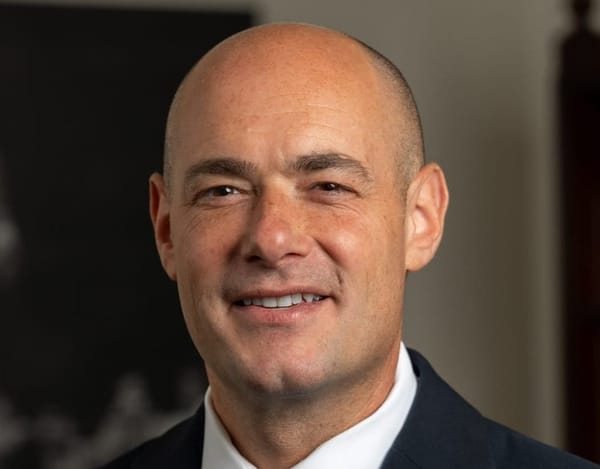Positive and Negative Responses to Committee’s Action on American Data Privacy and Protection Act
The American Data Privacy and Protection Act cleared committee 53-2, with pushback from California legislators.
Riley Haight

WASHINGTON, July 21, 2022 – While the passage of national privacy legislation out of the House Energy and Commerce Wednesday was generally applauded by many, concerns were still expressed as to how an enacted form of the bill will interact with state’s own privacy laws.
During Wednesday’s markup of the American Data Privacy and Protection Act, H.R. 8152 – which passed by a 53-2 vote in committee – Reps. Anna Eshoo, D-Calif., and Nanette Diaz Barragán, D-Calif., voted against the bill after they expressed concern it would override California’s own privacy laws. Eshoo proposed her own amendment, a flexibility mechanism which would allow states to add their own privacy provisions on top of a federal baseline, but it was not adopted.
“[The federal law] calls into question the state agency’s authority to enforce privacy protections, and it prevents California from strengthening privacy protections in the future,” said Eshoo in a statement, adding she sees it as an improvement for much of the rest of the country.
Meanwhile, in a statement following the passing of the bill – which must go through a vote on the House floor– the technology group Computer and Communications Industry Association said that while the prospect of a national privacy law is promising, there is concern about a preemption clause in the bill that would “allow states to enact their own privacy laws that could be independently and inconsistently enforced by various state and federal actors.
“Congress has a real opportunity to pass meaningful federal privacy legislation with uniform ‘rules of the road’ that will protect individuals while enabling innovation,” said the trade group’s president Matt Schruers. “But legislators must avoid the possibility of a patchwork quilt of state regulations and regulators that would tie up innovators with inconsistent and unnecessary compliance obligations. We look forward to working with Congress to ensure that privacy legislation creates a sustainable and uniform national privacy policy.”
The ADPPA formulates a national data privacy framework, a set of consumer data privacy rights and appropriate enforcement mechanisms, including children’s privacy and harmful online content.
Others praise long-awaited bill
“Free Press Action is eager for this long-awaited moment to place civil rights at the forefront of online protections, and as the centerpiece of this truly thoughtful and hard-won compromise,” said Matt Wood, vice president of policy and general counsel at media advocacy group Free Press Action
In another statement, consumer organization Consumer Reports supported a stronger bill than its previous iteration. “The bill is considerably stronger today than it was a month ago,” said Justin Brookman, its director of technology policy. “We’d like to see more refinements, but there’s no doubt that this bill offers real privacy protections that don’t exist today. We look forward to continue working with policymakers on the legislation to ensure the digital rights of Americans are truly protected.”
Trade group US Telecom’s also weighed in, with Brandon Heiner, senior vice president of government affairs, commending the committee for passing bill.
“While there is more work to be done,” Heiner said, “we look forward to continuing to work with Congress to ensure any privacy law provides all of America’s broadband customers the protection they deserve.”








Member discussion